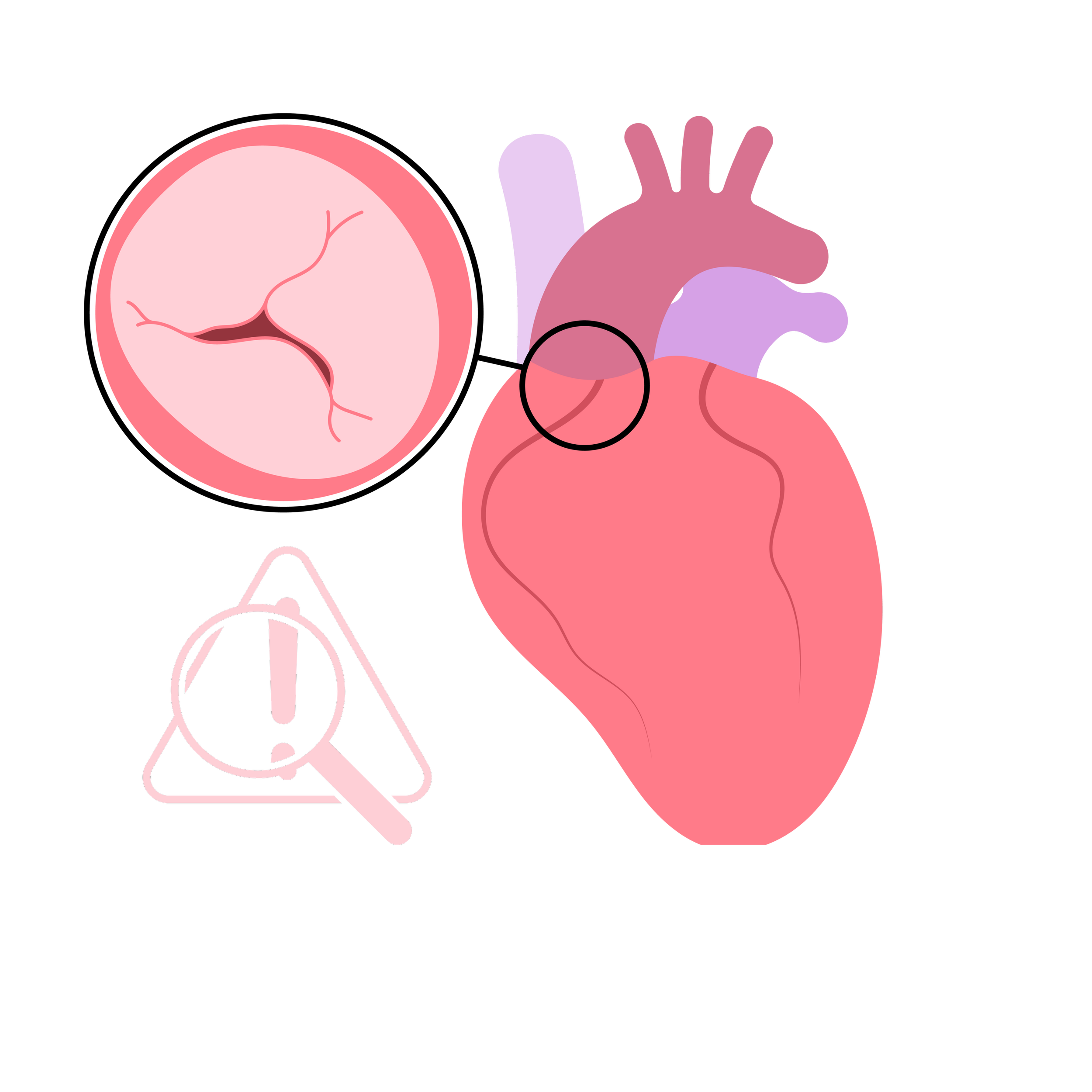DETECT-AS
Deep learning-enhanced detection and personalized monitoring of aortic stenosis
-
Aortic stenosis refers to the progressive narrowing of the heart’s aortic valve, decreasing blood flow from the heart to the body. The CarDS Lab has developed AI risk prediction tools that rapidly interpret cardiac test results for the identification of aortic stenosis. Learn more.
-
DETECT-AS includes two multicenter studies that apply AI risk tools to cardiac test results to estimate risk for advanced aortic stenosis in older adults. Learn More.
-
Learn more about how to get involved.
Background
Aortic stenosis refers to the progressive narrowing of the heart’s aortic valve, decreasing blood flow from the heart to the body. Over time, it can progress from mild to severe and lead to adverse health outcomes and death. Since many patients don’t show symptoms until their condition becomes severe, early diagnosis of aortic stenosis is critical for improving outcomes.
The CarDS Lab has developed risk prediction tools that use artificial intelligence (AI) to rapidly interpret cardiac test results for the identification of aortic stenosis. These tools are low-cost, fast, and scalable for prediction of diagnosis and disease progression. However, they need to be validated in gold-standard, large-scale research studies.
Study Overview
DETECT-AS includes two multicenter studies that apply AI risk tools to cardiac test results to estimate risk for advanced aortic stenosis in older adults:
The DETECT-AS-Diagnostic Study is a randomized clinical trial that tests a phased screening approach with portable cardiac devices and AI tools to identify advanced aortic stenosis in patients without symptoms.
The DETECT-AS-Prognostic Study is an observational study that uses follow-up cardiac ultrasounds in patients with early stage aortic valve disease to see how well our AI tool predicts disease progression.



